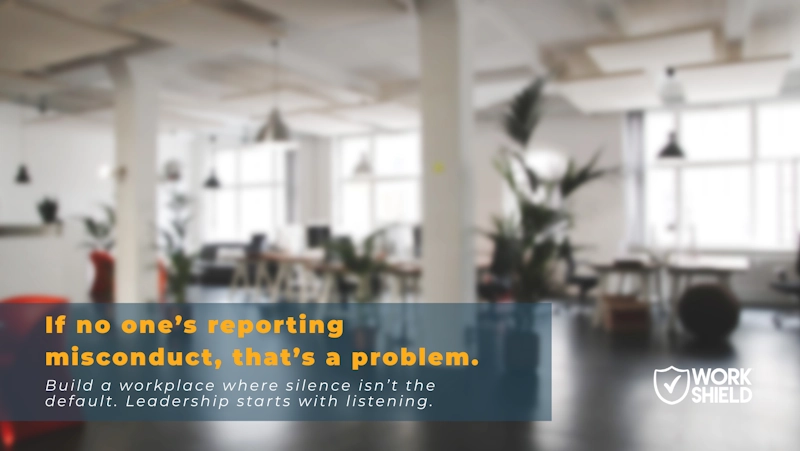Harassment, according to the U.S. Equal Employment Opportunity Commission (EEOC), is unwelcome conduct based on race, color, religion, sex, national origin, age, disability, or genetic information. The most common types of harassment are discriminatory harassment, physical harassment, psychological harassment, and sexual harassment. Harassment can be presented in many forms; therefore, it is important to recognize the different types to better report incidents should they occur in the workplace.
Types of Harassment
Discriminatory Harassment – Using racial slurs, making jokes about one’s disabilities, addressing someone differently based on their gender, and/or being intolerant of someone’s religion. This is also referred to as “workplace violence.”
Psychological Harassment – Words or actions that cause one to feel inferior, such as co-workers or company leaders using their position for leverage or making one’s job more difficult. This is otherwise known as “power harassment.”
Physical Harassment – When one is physically attacked or threatened in a way that makes them feel unsafe or uncomfortable.
Sexual harassment – When one exhibits unwanted verbal or physical sexual advances, conduct or behavior towards another person.
Harassment Laws
According to the EEOC, individuals can take legal action if their harassment is considered unlawful, or severe or pervasive enough to create a work environment one would consider intimidating, hostile, or abusive and to where enduring the offensive conduct becomes a condition of continued employment.
Harassment is a form of workplace discrimination that violates Title VII of the Civil Rights Act of 1964, a federal law stating it to be unlawful to discriminate against any individual based on race, color, religion, sex or national origin. In addition, there are anti-discrimination laws in place to prohibit retailiation against individuals for filing a discrimination charge, testifying, or participating in any way in an investigation, proceeding, or lawsuit.
How to Report Harassment
To foster a safe work environment, one must understand the importance of reporting harassment in the workplace, whether as a witness or a victim. By reporting harassment in the workplace, you are not only protecting yourself and colleagues, but preventing future incidents from occurring. It sounds easy enough, but studies show over 60% of incidents often go unreported. Why is this? Research indicates a shocking correlation between lack of reporting and fear of retaliation and lack of support from employers.
Work Shield is creating a safe space to report harassment in the workplace without fear of retaliation. Each incident is safely and securely reported to Work Shield’s third-party team of legal professionals, where each incident is impartially and carefully heard, thoughtfully investigated, and effectively resolved. By reporting harassment and discrimination issues directly to Work Shield for investigation, the risk of retaliation is eliminated.
When implementing Work Shield’s solution for managing harassment in the workplace, employers can feel confident their business is meeting and exceeding EEOC guidelines for protecting their employees and gives peace of mind that they are helping to create a more safe, equitable and inclusive workplaces. For more information, visit Work Shield’s website.
About Jared Pope
Jared is Founder and CEO of Work Shield, the only start-to-finish workplace harassment and discrimination reporting, investigation and resolution solution that protects employees, employers and cultures at the same time. Jared practiced law and ran a practice focused on human resources, ERISA, benefits and employment matters for over 15 years and is a knowledgeable resource on workplace culture and harassment and discrimination issues.
Connect with him on LinkedIn.





